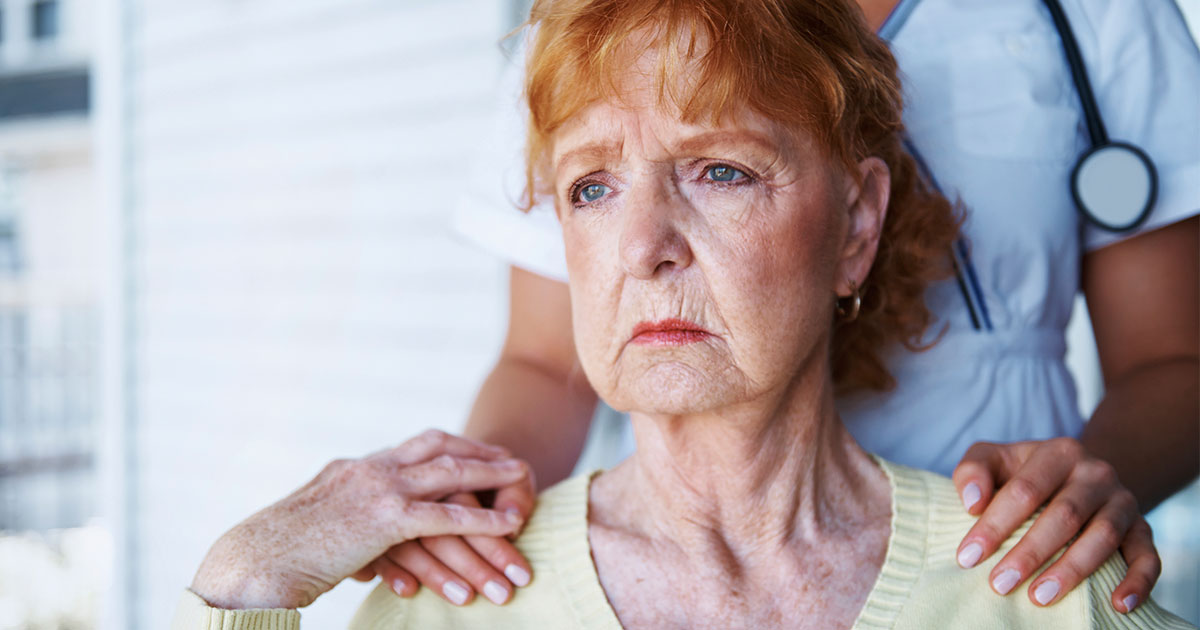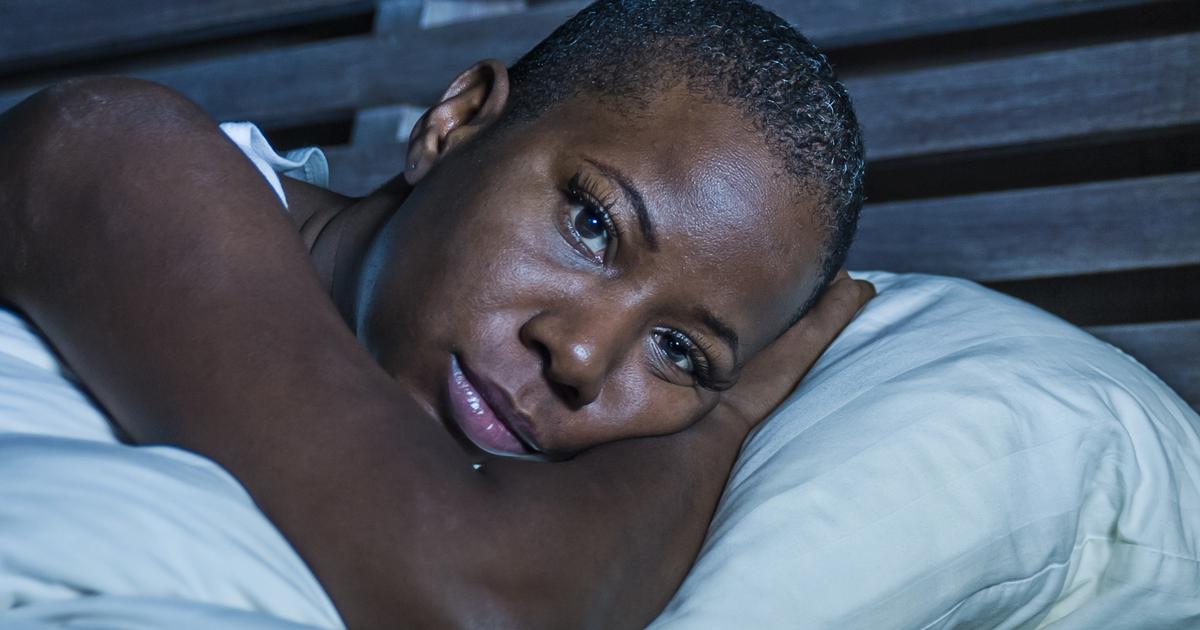Mental Health And The Menopausal Woman
Dealing With Depression

As mentioned, depression is the most predominant mental health issue a menopausal woman can suffer from during this dramatic life change. Research shows women are twice as likely to become depressed compared to men, which can greatly intensify during the perimenopause and menopause phases. Women are also likely to develop anxiety and a variety of phobias during this period. Physical symptoms, such as sleep problems and constant disruption in sleep patterns can put a patient at risk of developing depression. Researchers and doctors alike blame the increased risk of depression on the decrease of estrogen within the body that occurs years before and during menopause.
Other attributes that can increase a woman’s risk for depression include having depression before menopause (which intensifies it), negative feelings towards aging and not being able to bear children, smoking and alcohol consumption, and increased stress. Other symptoms include experiencing severe physical menopausal symptoms, having low self-esteem, not exercising regularly, lapses in memory, decreased energy, irritability, angry outbursts, and not having the social support needed during this time.
Learn about managing anxiety and menopause next.
Managing Anxiety

Similar to depression, anxiety is another mental health issue that can negatively impact a woman during menopause, and often has the most difficult symptoms to cope with. Aside from the symptoms of depression, symptoms of anxiety may also include nervousness, panic attacks, feelings of unworthiness and guilt, low self-esteem, restlessness, agitation, and difficulty managing daily life. Many women who experience anxiety feel unable to cope with situations that were never an issue before, such as social anxiety and feeling overwhelmed by others. This can be terribly frightening and undermine a woman’s confidence, and may even make her feel like she is going crazy.
Eight percent of women suffer from agoraphobia, a type of anxiety disorder in which the patient fears and avoids places or situations that can cause them to panic and make them feel trapped, helpless, or embarrassed. Seventy percent of those who experience social anxiety are women, and this form of anxiety can intensify during menopause. Anxiety is a buildup of pressure in the mind, and often the only way to alleviate this stress is to talk about it with a professional or trusted individual.
Consider treatments for anxiety and depression next.
